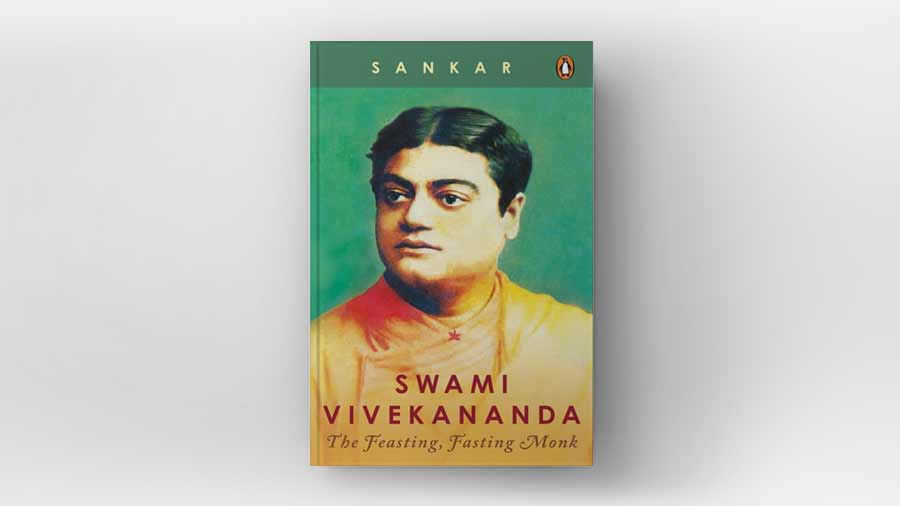Book on Swami Vivekananda's culinary experiments to release on Jan 17
Book on Swami Vivekananda's culinary experiments to release on Jan 17on Jan 13, 2022

The English translation of Swami Vivekananda: The Feasting, Fasting Monk, a Bengali book by bestselling author Sankar on the philosopher-spiritual guru's experiments with food and cooking, will hit the stands on January 17.
The book, translated by writer-translator Malati Mukherjee, is published by Penguin Random House India (PRHI). The original Bengali edition, titled Ahare Anahare Vivekananda, was released in 2017.
Besides the 'foodie' aspects of Swami Vivekananda, the book claims to focus on his love for cooking and feeding people such as feeding his disciples, "who could not complain about the red- hot spice and had to eat it up quietly, as well as others he met along life's way and decided, impulsively, to cook for".
The country on Wednesday marked the 159th birth anniversary of the social reformer and philosopher.
"I am glad Penguin has taken the lead to publish the astonishing story of a cook who took the courage to introduce Vedanta and Biryani in the West, not hiding his personal preference for hot chilies and later launched the R K Mission's historic famine relief program. Is this a mere story of the past? Or is it a new chapter for India getting ready to enter the kitchen doors of the world after the remarkable IT achievements of new India?" Sankar told PTI.
The Kolkata-based novelist's earlier works include a biography of Swami Vivekananda as well as two bestselling novels -- Seemabaddha and Jana Aranya -- that were turned into films by legendary filmmaker Satyajit Ray.
Sankar said he often wondered why we know so little about "ahaar and anahaar" of a "great man of our times and his relentless concern about hunger".
"... What about the feasting, fasting monk who loved cooking and thought intensively about starvation and food habits of men and women across the world?
"That was the beginning of my interest in the monk who set up a 'Greedy Club' as a boy and bought in instalment (of) an encyclopaedia of French cooking long before buying a copy of Bhagwat Geeta," he added.
While the first part of the book gives interesting insights into the history of food and cooking in Bengal, the second part of the book touches upon the deep relationship that developed between Thakur Ramakrishna Paramahamsa and his chief disciple Vivekananda.
"The last part speaks of Swamiji's advice to all of Bengal. Having travelled across the world and sampled first-hand the food and culture of various countries, he was filled with determination to share the knowledge and advice with the people of his beloved Bengal on what to eat, how to live and what to practice," writes the translator Mukherjee in her note in the book.

.jpg)
.jpg)
.jpg)
.jpg)
.jpg)
.jpg)

.jpg)
.jpg)
.jpg)
.jpg)


_(1).jpg)
.jpg)










Sorry! No comment found for this post.